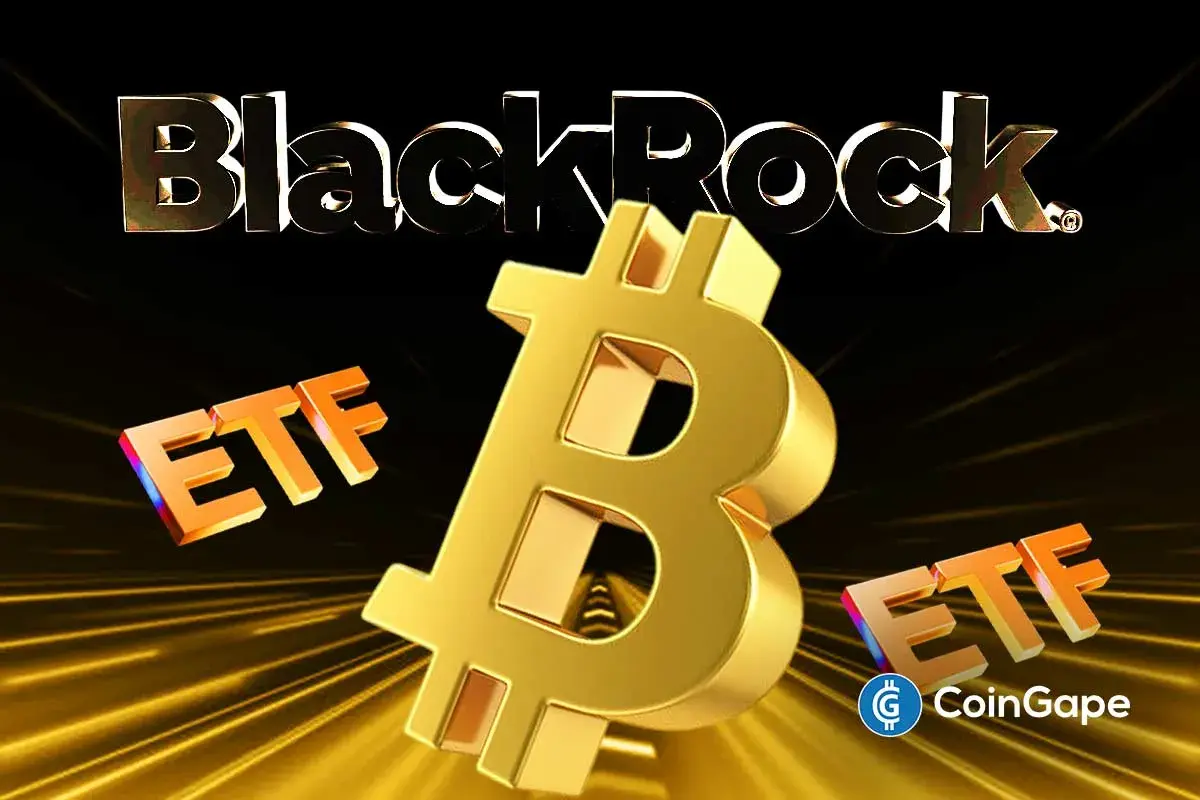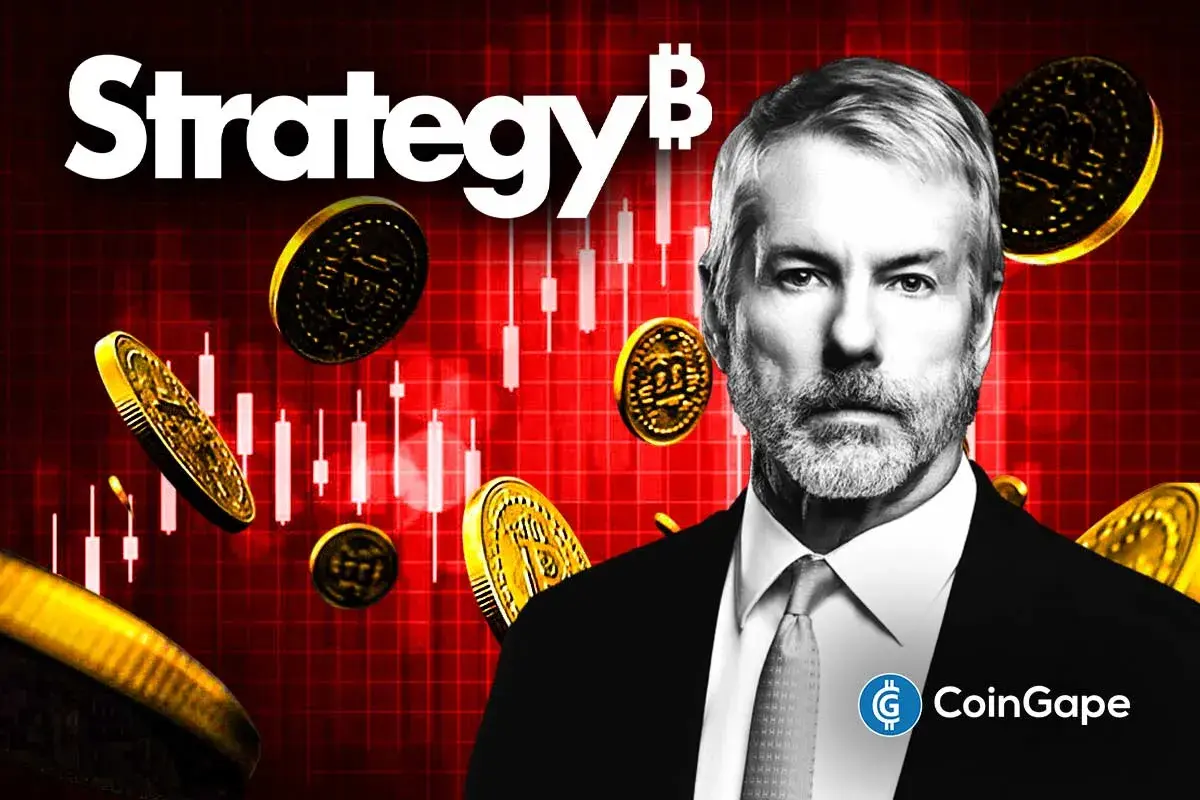Bitcoin ETF: How Will BlackRock Balance Fees with Market Dominance?

As the decision date for the Bitcoin spot ETF nears, the crypto and broader financial community is speculating about the potential fee BlackRock might charge. Following a post on X from Bloomberg’s senior analyst Eric Balchunas, the investor community is digging for “the biggest unknowns.”
Balchunas has guessed a fee of 0.47%, inviting others to share their predictions.
Bitcoin ETFs intend to make revenue
Barry Ritholtz, CIO of Ritholtz Wealth Management, suggested that a fee of 0.35% would be competitive for BlackRock. He considered Vanguard’s absence in this fee range. That said, he noted that if BlackRock were to set a fee as low as 0.25%, it would dominate the space. Balchunas responded that BlackRock could potentially charge between 0.40% and 0.60% due to their intent to generate significant revenue.
On a lighter note, a user named Maximilian humorously speculated a fee of 0.42069%, to which Balchunas replied that BlackRock typically doesn’t engage in humor with their fee structures.
The broader context includes competition from other firms. Fidelity’s S-1 filing revealed a competitive fee structure at 0.39%, previously the lowest until Invesco Galaxy’s entry. Invesco Galaxy has taken an aggressive approach by waiving fees for the first six months and for the first $5 billion in assets.
BlackRock: Threat to democracy?
The Financial Times highlights that BlackRock’s dominance in the US exchange-traded fund market is diminishing.
Citing data from Morningstar Direct, the paper recently noted that Vanguard and smaller players in the space are tough competition for BlackRock.
As of November, BlackRock’s iShares reportedly managed about 32% of the US ETF market, down from 33.7% in late 2022 and a significant drop from 39% at the end of 2018.
While BlackRock’s iShares aims to cater to a broad market, Vanguard focuses on stocks and bonds, leveraging its reputation for low-cost, broad-based strategies, as noted by Bryan Armour, Morningstar’s director of passive research. This strategic difference could be a key factor in the evolving ETF market, which could see Bitcoin become one of its players.
Meanwhile, Democratic Party member Bernie Sanders highlighted the immense influence of BlackRock and a few other powerful firms as a potential risk to democracy. In a post on X, the US politician emphasized that BlackRock, along with Vanguard and State Street, manage a staggering $20.7 trillion in assets. Additionally, he noted their substantial shareholdings, being major investors in 95% of the companies that make up the S&P 500 index.
This is what oligarchy is about. Today just 3 Wall Street firms, BlackRock, Vanguard & State Street manage $20.7 trillion in assets. These 3 firms are major shareholders in 95% of S&P 500 companies. Democracy will not survive with this concentration of economic & political power.
— Bernie Sanders (@BernieSanders) December 29, 2023
Also Read: BlackRock Amends S-1 Documents, Reveal APs in Latest Bitcoin ETF Filing
Play 10,000+ Casino Games at BC Game with Ease
- Instant Deposits And Withdrawals
- Crypto Casino And Sports Betting
- Exclusive Bonuses And Rewards

- Crypto News: Bitcoin Sell-Off Fears Rise as War Threatens Iran’s BTC Mining Operations
- U.S.–Iran War: Monday Crypto Crash Odds Rise As Pundits Predict Oil Price Spike
- US-Iran War: Reports Confirm Bombings In UAE, Bahrain and Kuwait As Crypto Market Makes Recovery
- XRP Price Dips on US-Iran Conflict, But Capitulation Signals March Rebound
- Crypto Market at Risk as U.S.–Iran War Threatens Inflation With Oil Price Surge
- Bitcoin And XRP Price As US Kills Iran Supreme Leader- Is A Crypto Crash Ahead?
- Gold Price Prediction 2026: Analysts Expect Gold to Reach $6,300 This Year
- Circle (CRCL) Stock Price Prediction as Today is the CLARITY Act Deadline
- Analysts Predict Where XRP Price Could Close This Week – March 2026
- Top Analyst Predicts Pi Network Price Bottom, Flags Key Catalysts
- Will Ethereum Price Hold $1,900 Level After Five Weeks of $563M ETF Selling?

 Buy $GGs
Buy $GGs

















